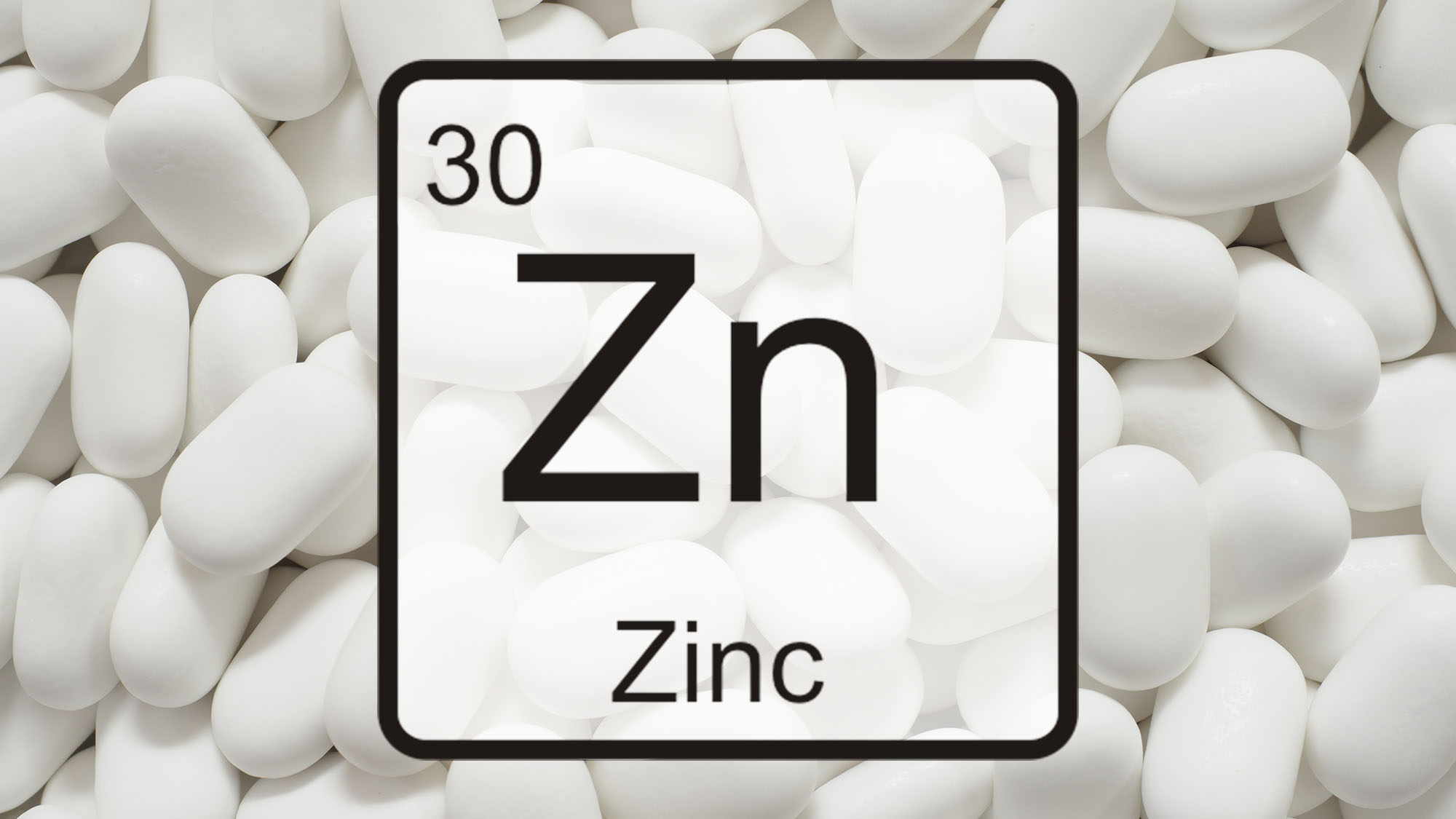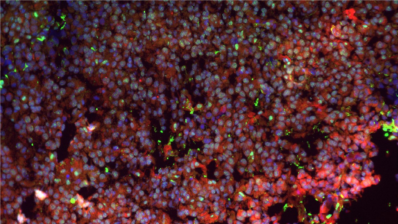Rubén Vicente, Robert Güerri-Fernández and Juana Díez have recently carried out a study in which they suggest that low levels of zinc supplements in patients with Covid-19 could be a good strategy to reduce mortality and recovery time from this disease. In this article, they tell us about the study, about what zinc is and its role in nutrition and the immune system.
——————————————————–
What is zinc?
Zinc is an essential nutrient needed for growth and development in humans. Due to its dual role as a structural and cell signaling component, its functions are diverse and it has been involved in many processes, such as modulation of the immune and nervous system, wound healing, carbohydrate tolerance or synthesis of sex hormones.
The main sources of zinc include:
- Animal products, such as meat and seafood
- Certain plant products, such as chickpeas, cashews, and pumpkin seeds.
Among plant products, cereals are the most common source of zinc. However, the phytates present in plant products block the absorption of zinc at the intestinal level, causing poorly balanced vegetarian diets to be deficient in zinc. In a typical mixed diet, however, sufficient sources of zinc are available.
Zinc intake is closely related to protein intake; as a result, zinc deficiency is a major component of nutrition-related morbidity worldwide. This deficiency is estimated to affect 30% of the world’s population at different levels.
Symptoms attributable to mild zinc deficiency are impaired immunity with sensory disturbances affecting taste and smell and loss of night vision.
However, moderate and severe zinc deficiency can cause:
- Growth retardation in children
- Hypogonadism, which in men can lead to erectile dysfunction and in women to amenorrhea (absence of menstruation)
- Skin lesions
- Severe impaired immunity
- Predisposition to developing infections
Is it good to have extra zinc?
Zinc supplementation in populations at risk of zinc deficiency, such as developing countries where nutritional problems are common, seems to benefit the incidence and prognosis of infectious diseases, highlighting the importance of zinc in immune function. This has been mostly studied in gastrointestinal and respiratory infections.
- Zinc supplementation has been shown to have a positive effect on infectious diarrhea, both in its incidence (which is reduced by 18%) and its duration (which is reduced by 15%, according to randomized studies promoted by the WHO).
- Zinc as a co-adjuvant treatment has an impact on milder forms of respiratory infections, such as the common cold, or more serious forms such as pneumonia (41% reduction).
In countries where the risk of zinc deficiency is low, however, routine zinc supplementation is neither necessary nor recommended: it is generally limited to people with documented zinc deficiency or is used to boost the immune system in the elderly, in which the deficiency is more frequent, or in those patients with a higher risk of zinc deficiency due to chronic inflammatory pathology.
In zinc-deficient populations, supplementation of this nutrient appears to be positive in preventing gastrointestinal and respiratory infections. When the risk of deficiencies is low, however, this routine supplementation is neither necessary nor recommended.
Zinc against Covid-19: the study
However, in Anglo-Saxon countries and in their area of influence, supplementation with zinc is recommended in the case of respiratory infections. This has been especially evident with SARS-CoV-2 infection. Zinc supplements are being used as an adjuvant treatment for Covid-19 on a widespread basis. This has led the American institute of health, the NIH, to issue a note recommending circumscribing zinc supplementation only in the context of clinical trials, as there is insufficient evidence for its generalised use.
Since the beginning of the pandemic, our teams – Roberto Güerri, infectologist at Hospital del Mar and researcher at the Hospital del Mar Medical Research Institute (IMIM), the Virology laboratory directed by Juana Díez in the Department of Experimental and Health Sciences, Pompeu Fabra University (DCEXS-UPF) and Rubén Vicente from the Molecular Physiology laboratory of the same department – have focused on the study of plasma zinc in patients admitted to Hospital del Mar with SARS-CoV-2 infection.
“Our study showed that low zinc levels are associated with a worse prognosis in Covid-19 patients: longer hospitalization time and more probability of entering the ICU and of dying”
Roberto Güerri (Hospital del Mar)
The zinc levels of these patients were determined, and it was observed how having zinc levels below 50mcg / dl was associated with a worse prognosis: longer hospitalization time, more probability of being admitted to the ICU and also of dying. Likewise, it was found how plasma zinc levels on admission were negatively correlated with levels of inflammatory markers such as interleukin-6, C-reactive protein or ferritin.
These results led to the hypothesis that plasma zinc may have a role in regulating the immune response or in contributing to better control of viral replication. Indeed, the experiments carried out in our laboratories have shown that the replication of SARS-CoV-2 in the absence of zinc is significantly higher than the replication in physiological and supraphysiological levels of zinc.
“At the molecular level, we have seen that in the absence of zinc, the SARS-CoV-2 virus replicates more”
Juana Diez and Rubén Vicente (DCEXS-UPF)
All of this opens up interesting ways to analyze the potential role of zinc as an adjuvant therapy in SARS-CoV-2 infection. However, there is still much to do since, in addition to demonstrating its usefulness with a randomized clinical trial, it is essential to find what dose and what form of presentation are appropriate.
Vogel-González, M.; Talló-Parra, M.; Herrera-Fernández, V.; Pérez-Vilaró, G.; Chillón, M.; Nogués, X.; Gómez-Zorrilla, S.; López-Montesinos, I.; Arnau-Barrés, I.; Sorli-Redó, M.L.; et al. Low Zinc Levels at Admission Associates with Poor Clinical Outcomes in SARS-CoV-2 Infection. Nutrients 2021, 13, 562. https://doi.org/10.3390/nu13020562






